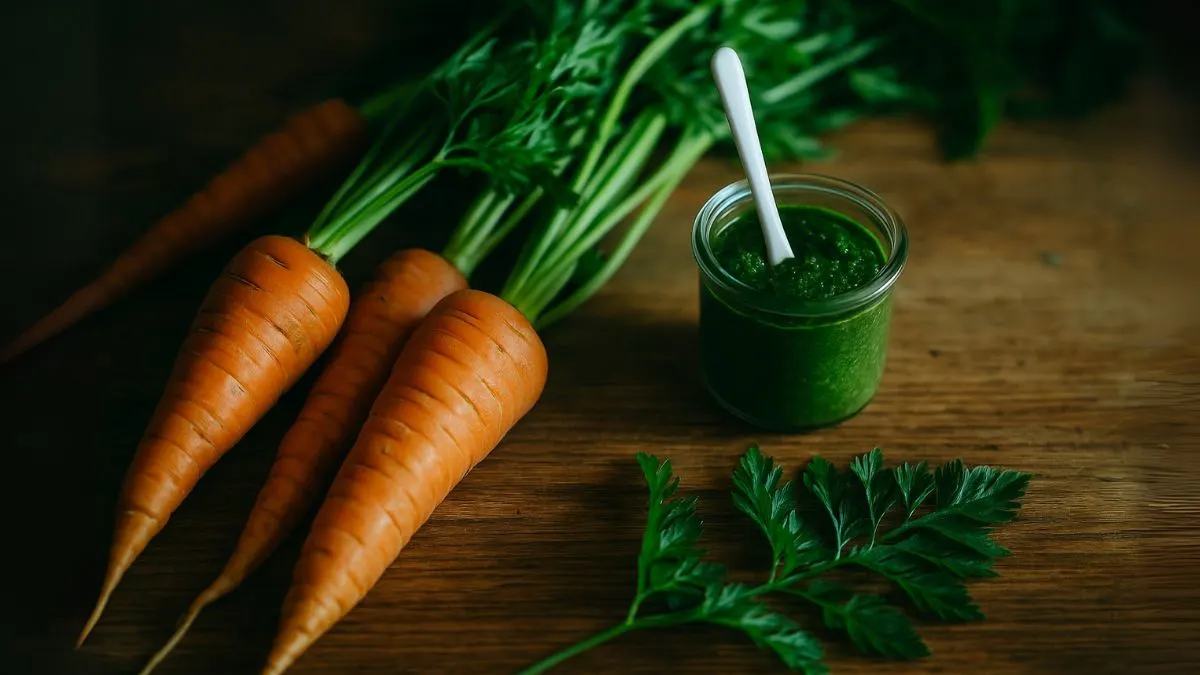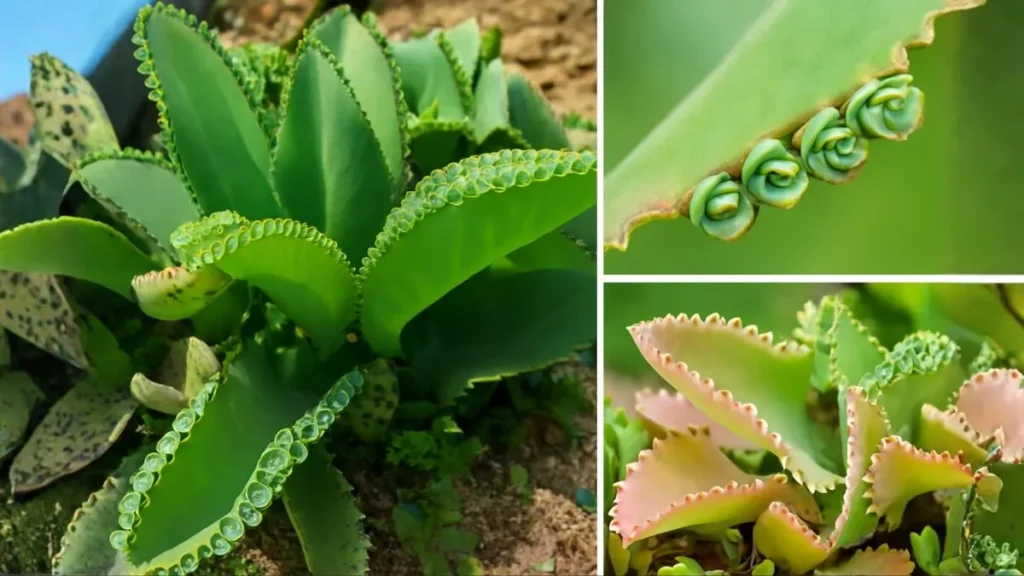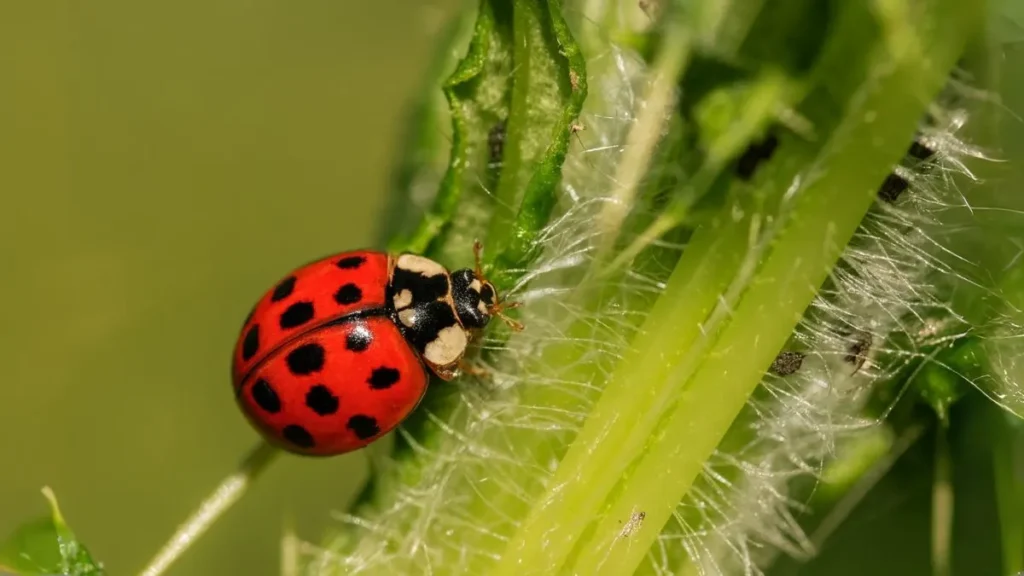When you buy carrots from the market, chances are you chop off the leafy tops and throw them away without thinking twice. Most of us are so used to eating the crunchy root that we never pause to consider the nutrition hiding in those leaves. But in traditional cultures—from India to the Mediterranean—Carrot leaves have been valued for centuries as both food and medicine.
In today’s health-conscious world, they’re making a comeback. With more research highlighting their nutrient density, it’s becoming clear that we’ve been discarding something that could boost our health in multiple ways.
Nutrition: The Real Power of Carrot Leaves

Most of us know that the carrot root is used for Vitamin A deficiency because of its rich beta-carotene content. But the greens? They bring a completely different nutritional profile to the table. Studies confirm that carrot greens contain high amount of proteins, vitamins and minerals, often exceeding the root itself in certain nutrients.
Here’s a breakdown of what they contain:
- Vitamin C: Strengthens immunity and helps the body absorb iron.
- Vitamin K: Essential for bone strength and blood health.
- Chlorophyll: Known for detoxifying and cleansing properties.
- Potassium & Magnesium: Maintain heart and muscle function.
- Protein & Fiber: Support energy, digestion, and fullness.
In short, the leafy tops are not just “extras.” They are a genuine superfood that can complement the benefits of the root.
Flavor and Texture
You may be wondering: “But do they taste good?”
Here’s the truth—carrot leaves have a grassy flavor, and are pretty fibrous in texture. Some people find them slightly bitter or herbal, while others compare the taste to parsley. While eating them raw in large amounts may not be appealing, blending them into dishes transforms their flavor.
For example:
- Toss a handful into soups and stews for an earthy undertone.
- Blend into pesto with garlic, olive oil, and nuts—it creates a zesty, fresh sauce.
- Add small quantities to salads for extra greens without overpowering the dish.
Personally, the first time I tried carrot-top pesto, I was blown away. The freshness was unlike anything store-bought, and it instantly turned my roasted vegetables into a gourmet meal.
Also Read: Chewed Cloves for 14 Days: The Surprising Changes I Noticed
Medicinal and Healing Properties
Traditional medicine has long recognized the healing power of carrot greens. The leaves are highly antiseptic, making them useful in supporting the body’s fight against bacteria. Folk remedies even used them on minor wounds as a natural disinfectant.
Combined with their vitamin and mineral content, they may also:
- Improve digestion
- Reduce inflammation
- Boost immunity
- Support healthy skin and hair
It’s amazing how something we usually throw away can have so many benefits.
Carrot Greens and Weight Management
If you’re on a health journey, this part will excite you: They might help you lose weight. Carrot greens are naturally low in calories but high in fiber. That means they keep you full for longer, preventing overeating and helping with weight loss or maintenance.
Add them to smoothies, soups, or stir-fries, and you’ll get a nutritious boost without piling on extra calories. Think of them as the leafy green companion to your fitness goals.
Carrot Leaves vs. Carrot Root
To understand their importance, let’s compare:
Part of Plant |
Nutritional Strength |
Common Uses |
Carrot Root |
Rich in beta-carotene, helps with Vitamin A deficiency |
Juices, salads, roasted, soups |
Carrot Leaves |
Protein-rich, contain Vitamin C, K, and essential minerals |
Pesto, herbal tea, soups, smoothies |
Together, they make a complete package. Instead of discarding the leaves, you can enjoy both and maximize nutrition from a single vegetable.
How to Eat Carrot Leaves
Here are some practical and tasty ways to include them in your diet:
- Pesto: Blend with garlic, nuts, olive oil, and lemon juice for a vibrant sauce.
- Soups & Stews: Chop and add them towards the end of cooking.
- Smoothies: Combine with sweet fruits like pineapple or mango to balance the herbal taste.
- Tea: Steep dried or fresh carrot greens in hot water for a detoxifying drink.
- Herbal Garnish: Sprinkle finely chopped greens over roasted vegetables or curries.
By adding them gradually, you’ll develop a taste for their unique flavor.
Also Read: Burdock Root: The Ancient Healing Remedy with Modern Benefits
My Personal Experience
I used to throw away carrot tops every single time. One day, out of curiosity, I looked up recipes and tried a simple pesto with garlic and olive oil. The result? Delicious, refreshing, and packed with nutrients. Now, I never waste carrot greens—I use them in soups, teas, and sometimes even as compost if I don’t cook with them right away.
It’s become a habit I’m grateful for, both for my health and my garden.
Things to Keep in Mind
While safe and healthy, a few tips will help you make the most of carrot greens:
- Wash thoroughly—they can carry dirt and pesticides.
- Balance their flavor—combine with other herbs or fruits.
- Introduce slowly—your body may take time to adjust if you’re new to high-fiber greens.
By following these steps, you’ll enjoy them without any trouble.
Next time you buy fresh carrots, pause before discarding the tops. These vibrant carrot leaves are nutritional powerhouses that can transform your meals and support your health. Remember, while the carrot root is used for Vitamin A deficiency, the greens bring their own gifts: they contain high amount of proteins, vitamins and minerals, they have a grassy flavor, and are pretty fibrous in texture, and they’re even highly antiseptic. Plus, they might help you lose weight and assist with weight loss or maintenance.
So don’t waste them—blend them into pesto, sprinkle into soups, or brew into a tea. Once you start, you’ll realize these leafy greens are not just edible, they’re essential.
👉 Give them a try this week and discover the hidden superfood sitting right on top of your carrots.






